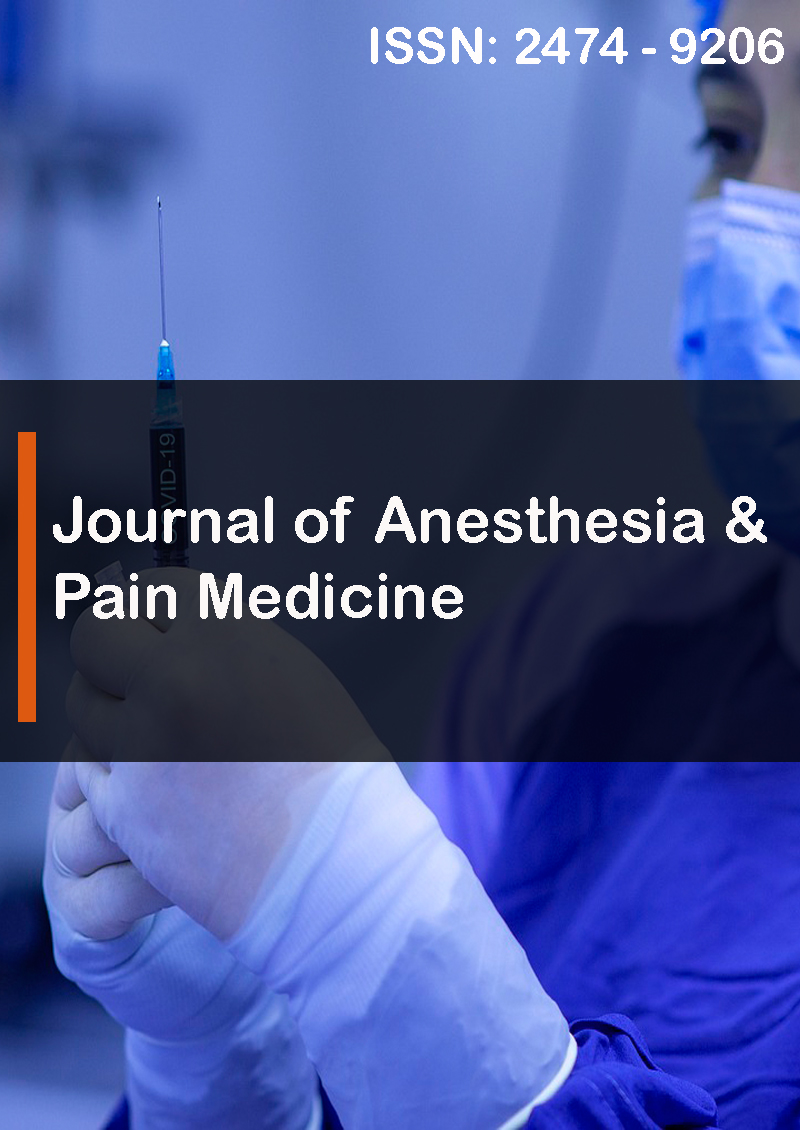The Effectiveness of Bupivacaine in Decrease Post-Operative Pain After Lumbar Decompression Surgery
Abstract
Hamid Kayalha, Seyyed Mehran Molavi Shirazi, Asghar Karbord, Seyyed Mohsen Hassani Barzi and Mohammad Bokharaei
Aim: There are many reports about the efficacy of analgesics in reducing postoperative pain after lumbar decompressive surgery. This study aimed to investigate the effect of subdermal and intramuscular injection of bupivacaine on the severity of postoperative pain after lumbar decompression surgery.
Material and Methods: in this randomized double-blind trial, 50 patients who candidate for lumbar decompressive surgery elective for this them. Bupivacaine (0.25%) in the intervention group and normal saline (40 ml) in the control group were injected subcutaneously and intramuscularly. Factors of age, size of surgical cutting, number of operating space, duration of operation, the rate of need to analgesia, and the severity of pain at times of 3,12 and 24 hours after surgery were assessed.
Results: The severity of pain in Bupivacaine group, in hours 3, 12 and 24 after postoperative surgery was less than control group (P value<0.05). Also There was no significant difference between the two groups in terms of mean pain intensity using repeated measure design (P value<0.05). But within Bupivacaine group, pain severity significantly decreased during the 24 hours after surgery. (p<0.05)
Conclusion: Although bupivacaine (0.25%) results in reducing pain after surgery, more studies are recommended to investigate the effect of bupivacaine in combination with other drugs in cases of lumbar decompressive surgery. Also, it reduces pain during the 24 hours after surgery is very important.



